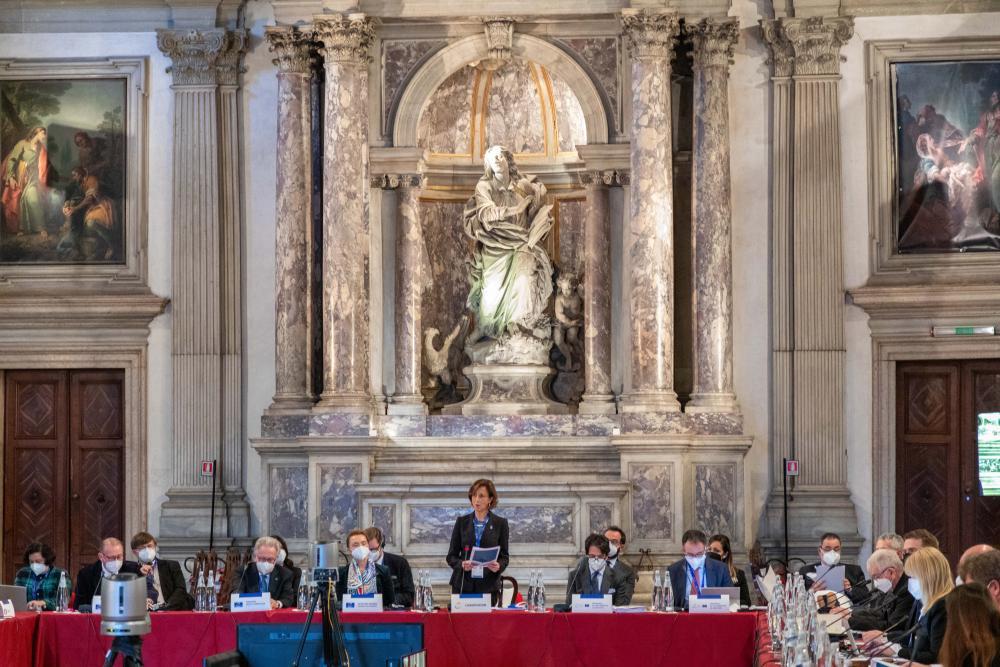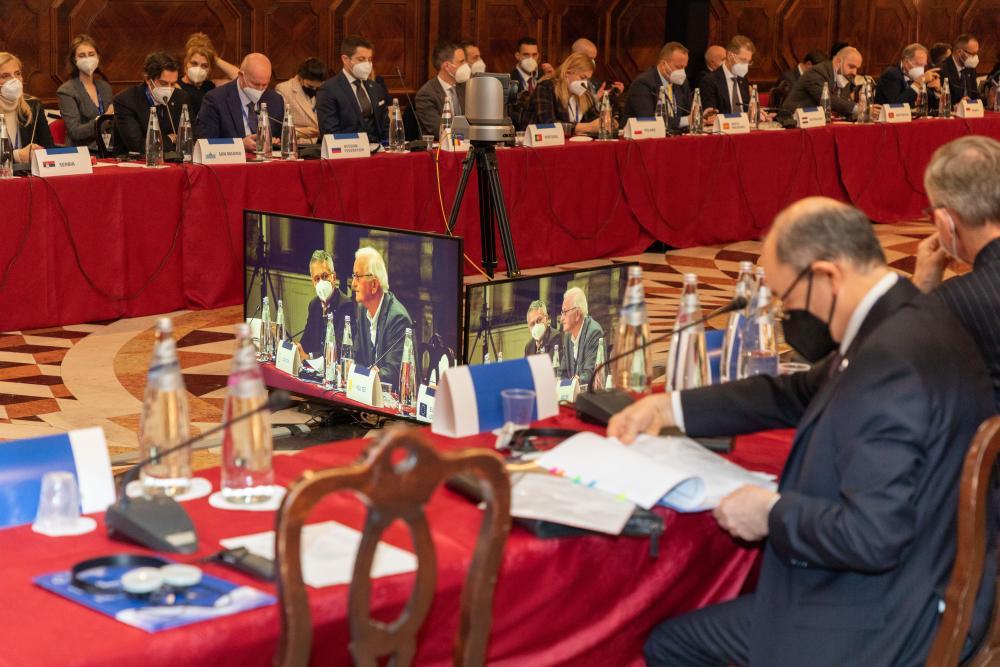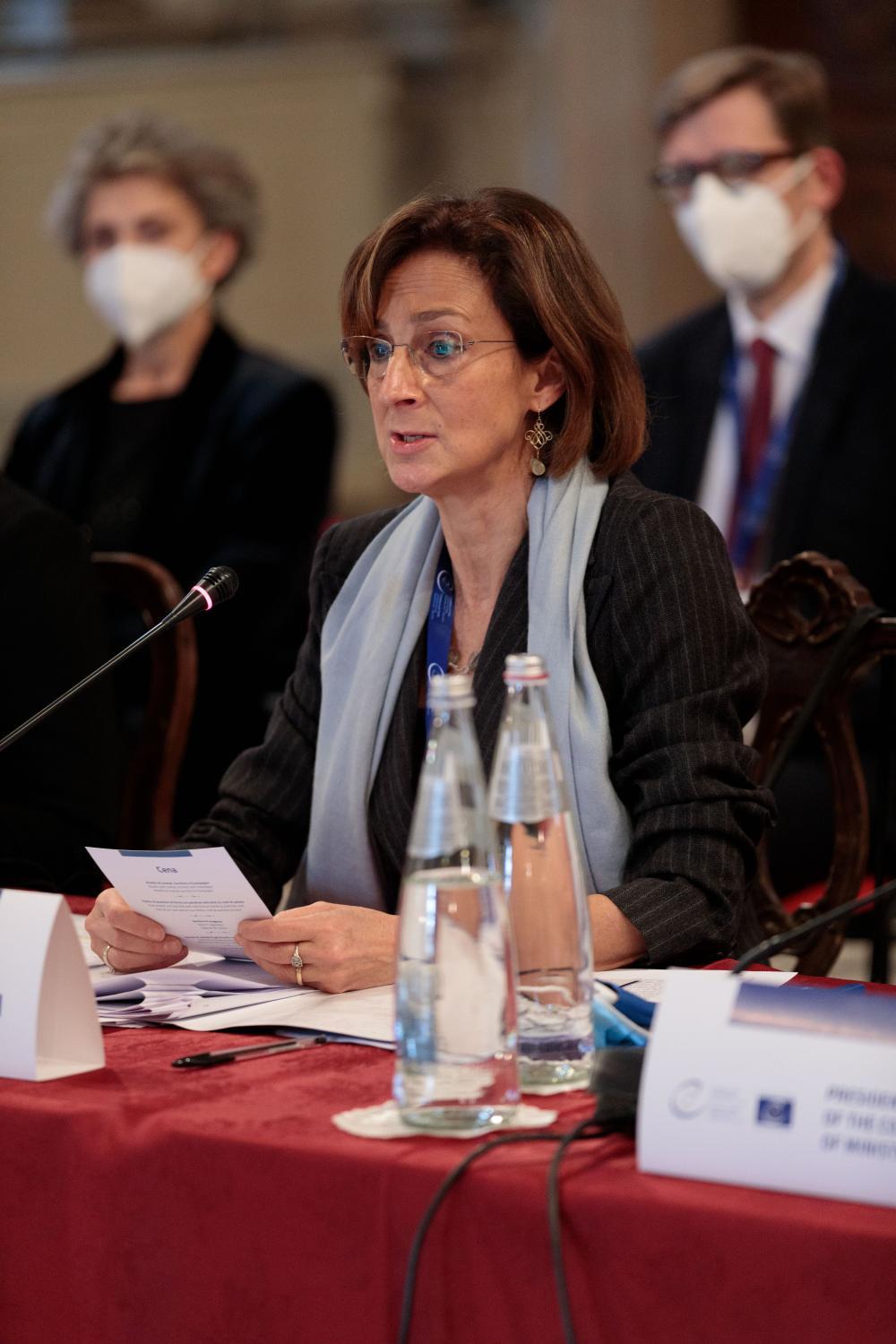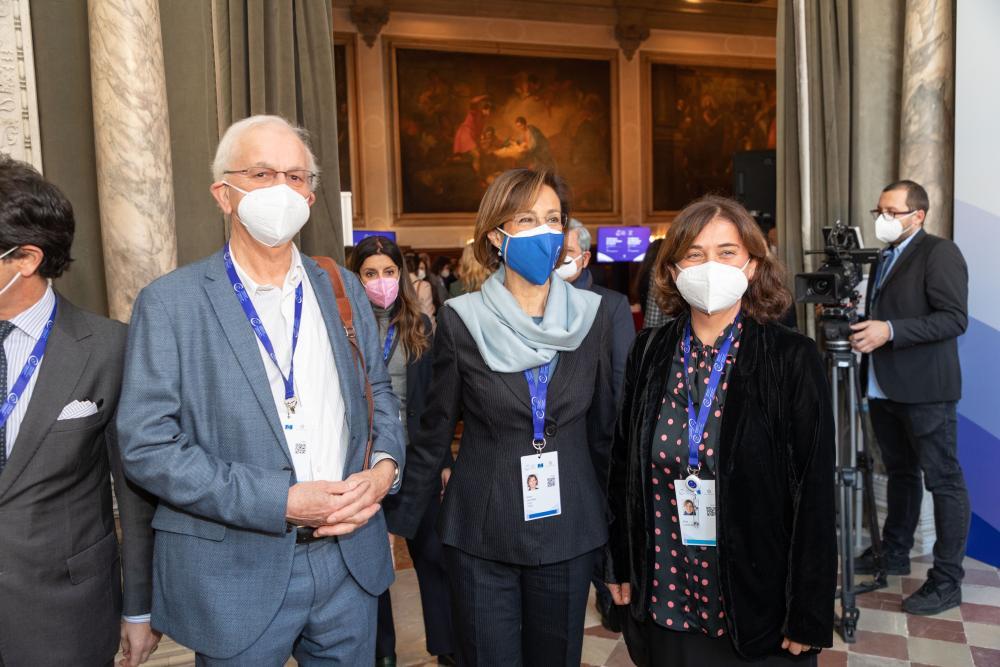What needs to happen next?
The Declaration coincides with a rapidly evolving international framework, and with many jurisdictions (including Ireland, Scotland, Estonia, the Czech Republic and Italy, among others) accelerating the legal and policy development of restorative justice, introducing or expanding services, and using restorative practices to change institutional cultures. In 2020, one of us analysed the changes in the international framework between 2018 and 2020 (Marder, 2020). Since then, there have been developments at the Council of Europe, European Union and United Nations. These include:
- Council of Europe Recommendation CM/Rec(2021)6 regarding the assessment, management and reintegration of persons accused or convicted of a sexual offence states: ‘Participation in restorative justice interventions, where available and appropriate, should be facilitated by providing information on the[ir] nature, relevance and availability’ (Rule 33).
- The forthcoming revisions to Recommendation CM/Rec(2006)8 on assistance to crime victims seems likely to include extensive additions on restorative justice services.
- Within the EU, the European Commission recently concluded its consultation to evaluate the Victims’ Directive, to which the European Forum for Restorative Justice (2021) contributed.
- The EU’s Judicial Training Strategy (2021-24) considers that judges should be ‘trained to better support and communicate with’ victims (p.3).
- At the United Nations, the Kyoto Declaration (2021) called for the development of ‘restorative justice processes at relevant stages in criminal proceedings in order to assist the recovery of victims and the reintegration of offenders” (Art. 42).
- The UN also published a common position on incarceration (2021: 9), which states: ‘the focus of criminal justice responses should be shifted from imposing punishment and isolation to investing in longer-term strategies for crime prevention, rehabilitation, restorative justice and social reintegration, with an emphasis on the most vulnerable’.
Europe may see an imminent opportunity to lobby for further progress, if a decision is made to revise the EU Victims’ Directive. There may also be scope to develop a binding legal instrument on restorative justice at that level. However, the European framework is already clear: those who are responsible for domestic criminal law and criminal justice policies and practices should act to mainstream restorative justice throughout their criminal justice systems. As the Declaration comments, the Council of Europe is well-placed to connect stakeholders and provide resources to support this work, but the majority of the work must take place at the national level, through an inclusive policy process led by governments, in collaboration with justice agencies, restorative justice practitioners and civil society.
As societies open up after COVID-19, many movements and groups will seek to capture governments’ attention and focus. Those that succeed will be those with the best stories, and that are best organised to take the right actions at the right times. We must collaborate to keep the pressure on at the highest levels, if we expect to maintain this momentum and to translate international policy into real changes on the ground.






